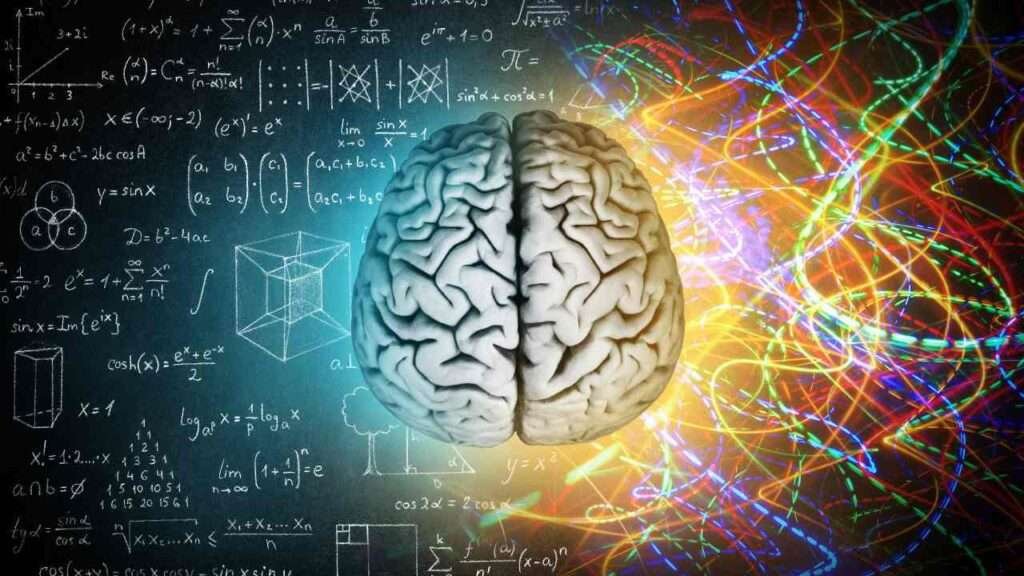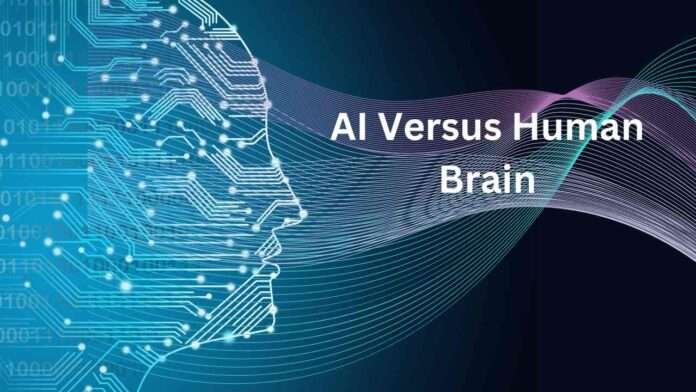AI Versus Human Brain: Understanding the Differences

In recent years, the debate around Artificial Intelligence (AI) and the human brain has sparked widespread interest. From performing repetitive tasks to complex problem-solving, AI is revolutionizing industries. But can it ever match the capabilities of the human brain? Let’s explore the core differences between these two phenomenal systems.
Thank you for reading this post, don't forget to subscribe!1. Processing Power
The human brain operates on around 20 watts of power, yet it can process vast amounts of information simultaneously. AI, though capable of high-speed calculations and data processing, requires significant energy and computing resources. Unlike the brain’s neural networks, AI’s algorithms can’t yet match the energy efficiency or processing parallelism of human cognition.
2. Learning Abilities
Humans have the ability to learn from experience, build memories, and adapt to new environments. This learning process is fluid and involves emotional, social, and logical inputs. AI, on the other hand, relies on data. While machine learning models can improve over time, they are limited by the data provided and cannot yet achieve the contextual understanding of the human brain.
3. Creativity and Innovation
The human brain is naturally creative. It can invent, imagine, and innovate with ideas that do not necessarily follow predefined patterns. AI, while capable of generating content or designs, relies on pre-existing patterns and data inputs. True innovation—coming up with entirely new concepts—remains the domain of human intelligence.
4. Emotional Intelligence
Humans navigate emotions, empathy, and interpersonal relationships in ways that AI cannot replicate. While AI can analyze emotional data or simulate conversations, it lacks the ability to genuinely understand or feel emotions. Emotional intelligence plays a crucial role in human decision-making, something AI is far from achieving.
5. Problem-Solving and Decision-Making
AI excels at solving well-defined, structured problems, like playing chess or processing large data sets. However, the human brain can handle ambiguity, make decisions based on limited or incomplete information, and balance logical reasoning with emotional considerations.
6. Adaptability
Humans can adapt to entirely new and unforeseen situations. The brain’s plasticity allows it to reorganize itself by forming new neural connections, making humans highly adaptable in diverse environments. AI, on the other hand, is limited by its programming and must be retrained or reprogrammed to handle unfamiliar tasks.
7. Conclusion: Can AI Replace Human Intelligence?
While AI has made remarkable strides in replicating specific human functions, it remains a tool designed to augment, not replace, human intelligence. The human brain’s ability to think abstractly, create, and empathize sets it apart from machines. In the near future, AI will continue to assist humans in various fields, but the unique cognitive capabilities of the human brain remain irreplaceable.
FAQs
1. Can AI think like a human brain?
No, AI does not think like a human brain. It processes information based on algorithms and data but lacks the emotional, creative, and contextual thinking abilities of humans.
2. Will AI ever surpass human intelligence?
AI may surpass humans in specific tasks, such as data analysis and pattern recognition, but it is unlikely to match the full range of human intelligence, including emotional and creative thought.
3. Is AI capable of emotions?
AI can simulate emotions based on data inputs, but it does not feel emotions in the way humans do. AI lacks the consciousness or biological experience needed to understand emotions.
4. How does the brain’s learning differ from AI?
The human brain learns from experience and can adapt in real-time, while AI relies on vast amounts of data and requires training for specific tasks. The human brain’s learning is more dynamic and context-sensitive.
5. Can AI replace humans in the workforce?
AI can automate certain tasks, but many jobs that require emotional intelligence, creativity, and complex decision-making are still best suited for humans.
Read More – AI with Emotional Intelligence: Revolutionizing Human-Machine Interaction



